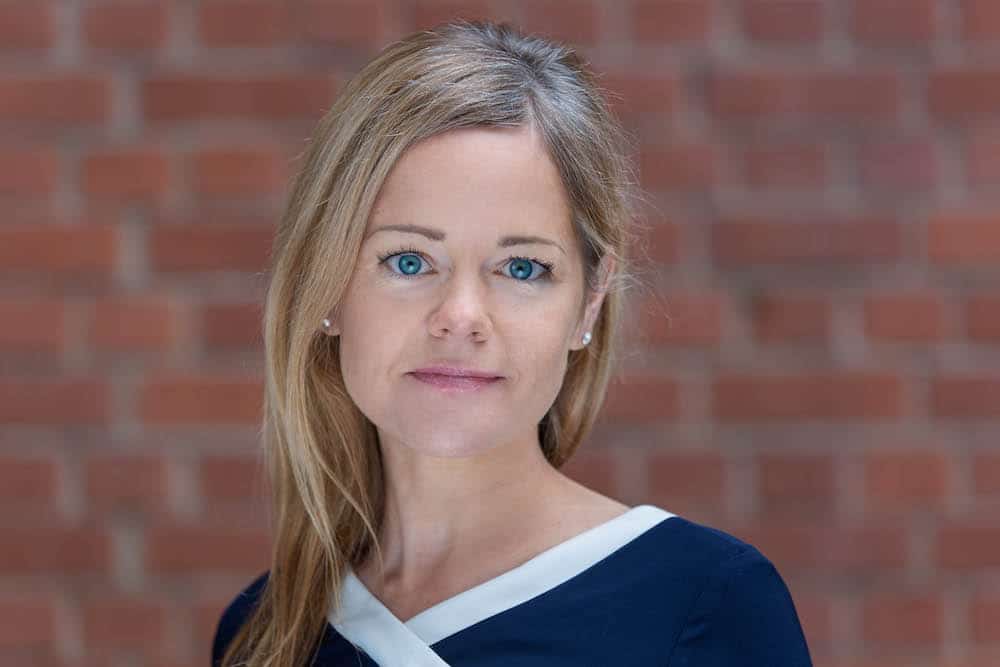Supporting Constitution-Making, Legal Harmonisation and Judicial Reform in South Sudan
The 2018 Revitalised Agreement on the Resolution of the Conflict in South Sudan (R-ARCSS) marked the culmination of efforts by the regional Intergovernmental Authority on Development (IGAD) to bring an end to the conflict that erupted in December 2013 in South Sudan. The R-ARCSS establishes a transitional period in South Sudan at the end of which free and fair elections are to be held. During this transitional period, the R-ARCSS foresees the completion of several processes, amongst them a reform of the judiciary and the drafting of a Permanent Constitution. The latter will entail a process of legal harmonisation of the country’s laws with the new Constitution. With the generous financial support of the European Union, the Max Planck Foundation will provide support to the processes of Constitution-making, legal harmonisation and judicial reform in South Sudan by providing technical legal advice and capacity-building activities to the various actors involved.
While the parameters of the Permanent Constitution and its process have been defined in Chapter VI of the R-ARCSS, the details of conducting the Constitution-making process are laid down in the Constitution Making Process Act, 2022. The Act provides for the establishment of key institutions and gives them a specific mandate with respect to the Constitution-making process, including the conduct of large-scale civic education and public consultation campaigns. The institutions to lead the Constitution-making process include the Reconstituted National Constitutional Review Commission (R-NCRC), the Constitutional Drafting Committee (CDC) and the National Constitutional Conference (NCC). In the framework of the present project, the Max Planck Foundation will provide support to these institutions to increase their capacities and support the fulfilment of their mandate.
Moreover, the Max Planck Foundation continues to provide support to the Ministry of Justice and Constitutional Affairs as well as to national and state legislators in South Sudan with the aim to enhance constitutional compliance and improve legal harmonisation of norms on all levels.
As a third component of this project, the Max Planck Foundation will support the Judiciary in implementing the judicial reform agenda and in complying with its constitutional mandate to deliver quality and accessible justice. Key actors supported under this component are the judges and justices at all levels of the judicial hierarchy in South Sudan as well as the Judicial Service Commission, which was mandated by the R-ARCSS to undertake appropriate judicial reforms and restructure the Judiciary during the transitional period.
The overall objective of this four-year project is to increase the capacities of key actors involved in the processes of Constitution-making, legal harmonisation and judicial reform and to thereby contribute to an enhancement of the rule of law and a more effective administration of justice as the country moves ahead with its first Permanent Constitution.
Funding
European Union

Duration
December 2022 – December 2026
News Items

Second Workshop on the “The Role of the Judiciary in Elections” conducted by the Foundation in Juba

Workshop on the Role of the Judiciary in Elections in South Sudan

Workshop on Alternative Dispute Resolution for the Judicial Reform Committee of South Sudan

Third Workshop for the Judicial Reform Committee of South Sudan

Workshop on Judicial Ethics for the Judiciary of South Sudan
Contact

Kathrin Maria Scherr
Email:
Phone: +49 (0)6221 91404 34
(See full profile)
